Zohran Mamdani’s election as New York City’s first Muslim and youngest mayor in more than a century has reverberated far beyond the United States, sparking sharply contrasting reactions from political leaders and movements across the world. For some, his victory symbolises a revival of progressive politics in a period dominated by populist conservatism; for others, it represents a troubling shift that challenges entrenched ideological narratives.
In Israel, right-wing voices reacted with alarm to the victory of a politician who has been a vocal critic of the Israeli government’s Gaza policy. Avigdor Liberman, leader of the nationalist Yisrael Beiteinu party and a former foreign minister, declared, “The Big Apple has fallen.” He urged “New York Jews who want to survive” to emigrate “to where they belong, the land of Israel.”
His statement highlighted deep anxieties among sections of Israel’s political right about the rising visibility of Muslim leaders in Western democracies and the growing resonance of leftist criticism of Israel’s policies. New York City, home to the world’s largest Jewish population outside Israel, has long served as a symbolic barometer of global Jewish identity and diaspora politics.
Across Europe, Mamdani’s rise was interpreted less through a religious or ethnic lens and more as a political moment that reflects shifting public frustrations with inequality and neoliberal policy fatigue. Germany’s Left Party head Jan van Aken told Reuters that Mamdani’s victory spoke to “the same problems people in New York face that we hear about at people’s doorsteps here in Germany.” He cited skyrocketing rents and living costs for food, electricity and transport, outpacing wages, describing these as “universal struggles” uniting working-class voters across continents.
In France, the far-left La France Insoumise (France Unbowed) party framed Mamdani’s win as a repudiation of centrist compromise. Party leader Manon Aubry declared that the victory proved “it is not by watering down economic liberalism that we win, but by fighting it tooth and nail.” Her remarks captured the European far left’s broader attempt to reclaim populist momentum by tying social justice and economic redistribution to electoral success, a strategy that resonates with France’s ongoing debates over austerity and labour reforms.
Impact Shorts
More ShortsIndia’s political reaction carried its own ideological undertones. The opposition Congress Party’s communications chief, Pawan Khera, called Mamdani’s win a moment that “rekindles hope that the tide is turning that soon, India too will rise under a young, educated, progressive and democratic leader who unites rather than divides.”
For India’s left, the symbolism was equally powerful. CPI(M) general secretary M. A. Baby said, “This victory in Trump’s America shows the acceptance for policies that prioritise people’s welfare.” Both comments reflect how India’s opposition views Mamdani’s ascent as a global affirmation of inclusive and welfare-driven governance, a narrative they hope to translate into domestic political momentum.
Political analysts noted that the global reactions to Mamdani’s win reveal as much about local anxieties as about New York’s new mayor himself. In Israel, it deepened the polarisation between nationalist and liberal camps; in Europe, it became a mirror for debates about inflation, social justice, and the limits of centrist politics; in India, it served as an aspirational counterpoint to the dominance of right-wing populism.
For many Muslim Americans and minority communities, Mamdani’s win has also been described as a milestone for representation and diversity in US politics. As The Times of Israel reported, his campaign drew strong support from younger, multicultural voters who saw in him a symbol of generational change and civic inclusion.
Whether Mamdani’s mayoralty will live up to the hopes projected onto it from Brooklyn to Berlin, from Tel Aviv to Thiruvananthapuram remains to be seen. But the global ripple effects of his victory already mark a significant moment in the transnational story of progressive politics. What began as a local election in New York has quickly become a global political Rorschach read by each country through the prism of its own struggles, ideologies, and aspirations.
With inputs from agencies


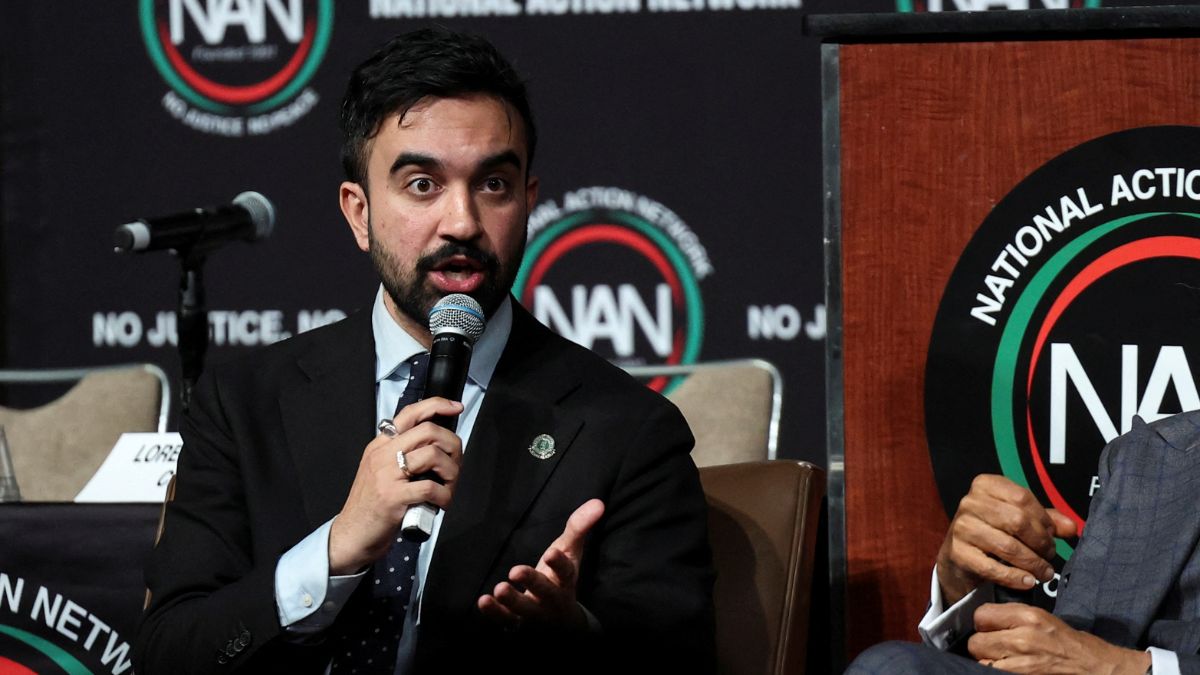)
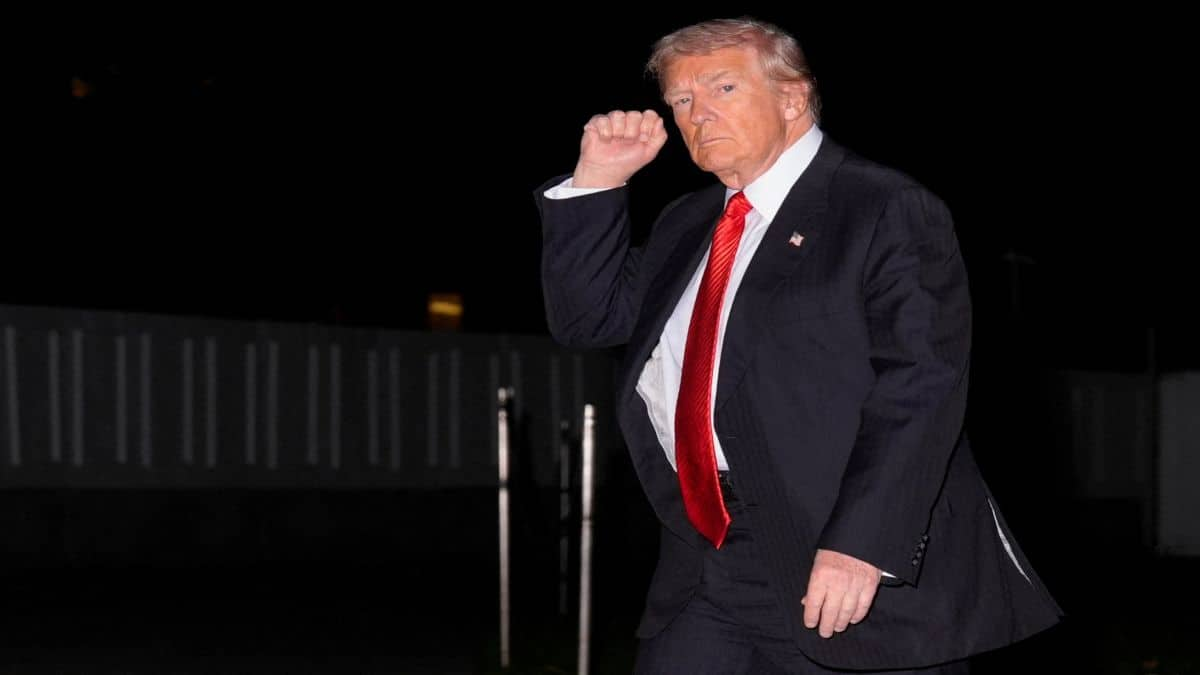
)
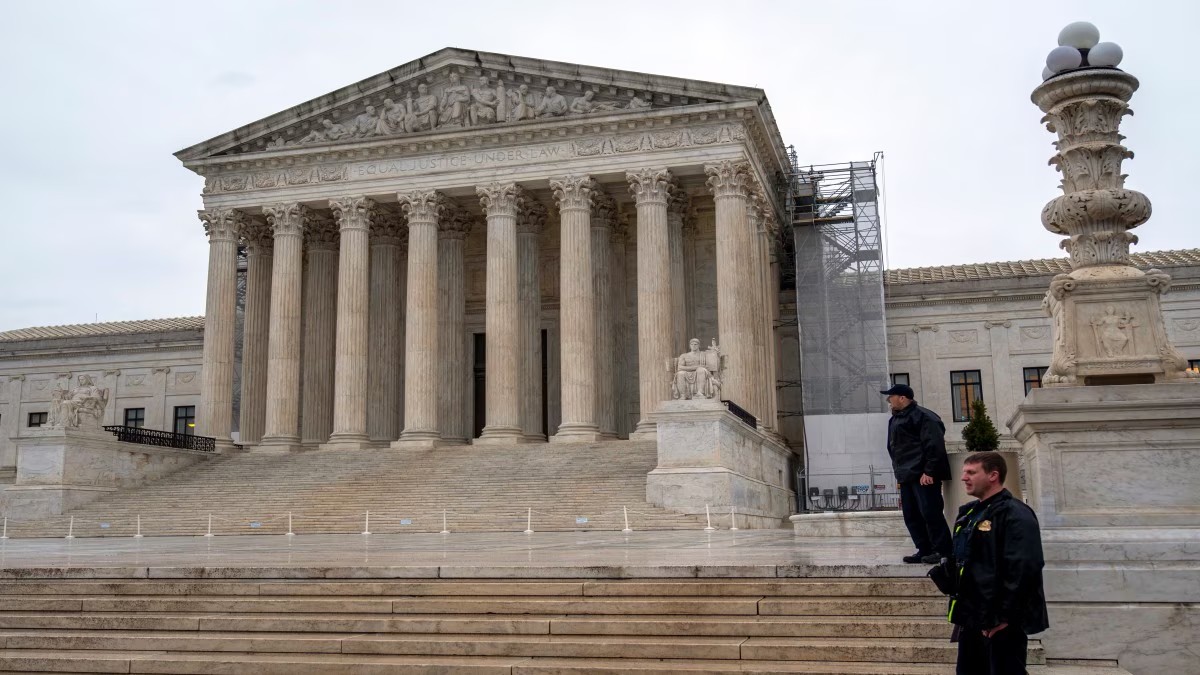)
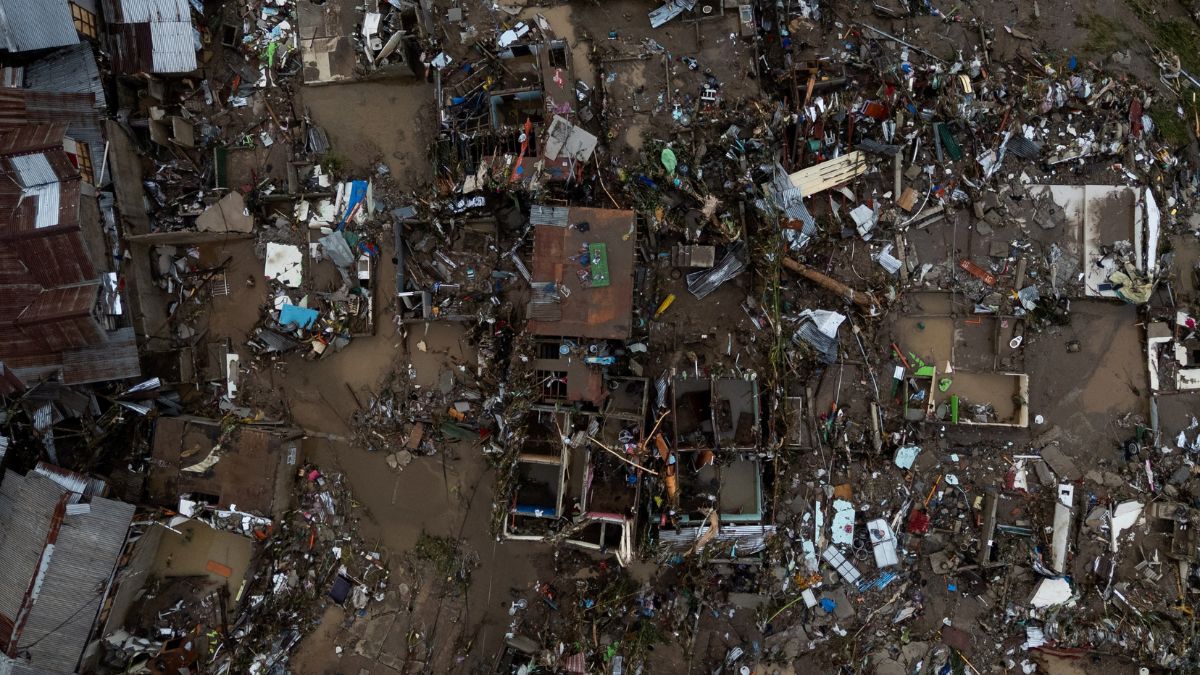)
)
)
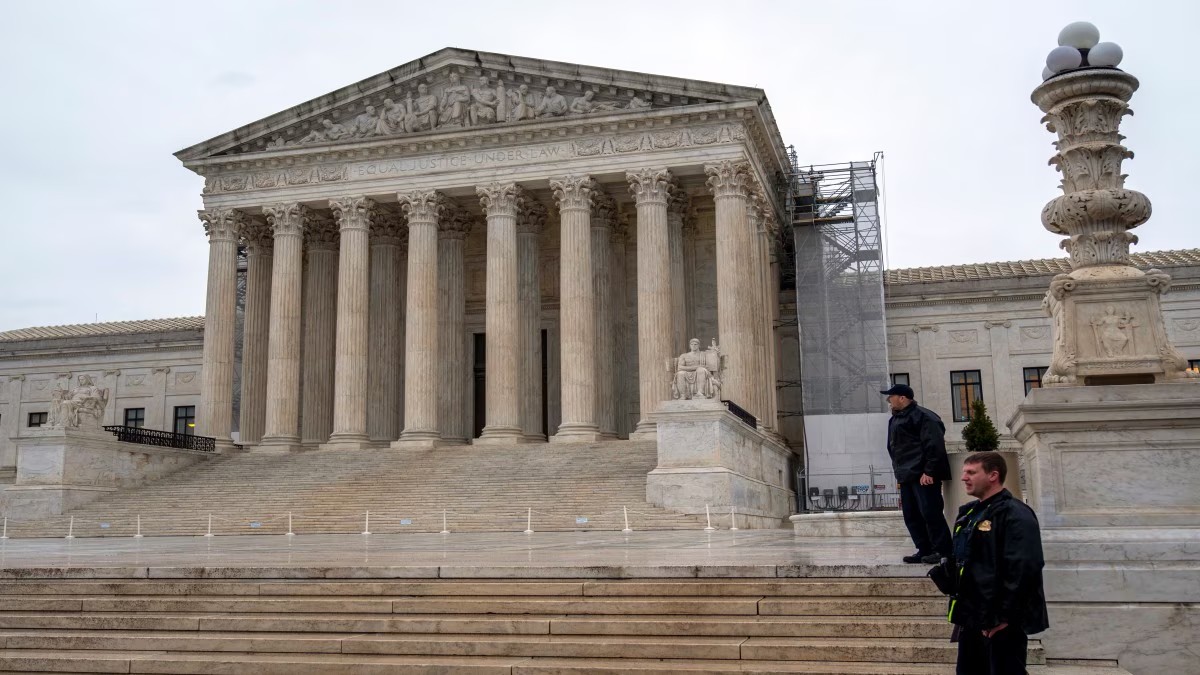)
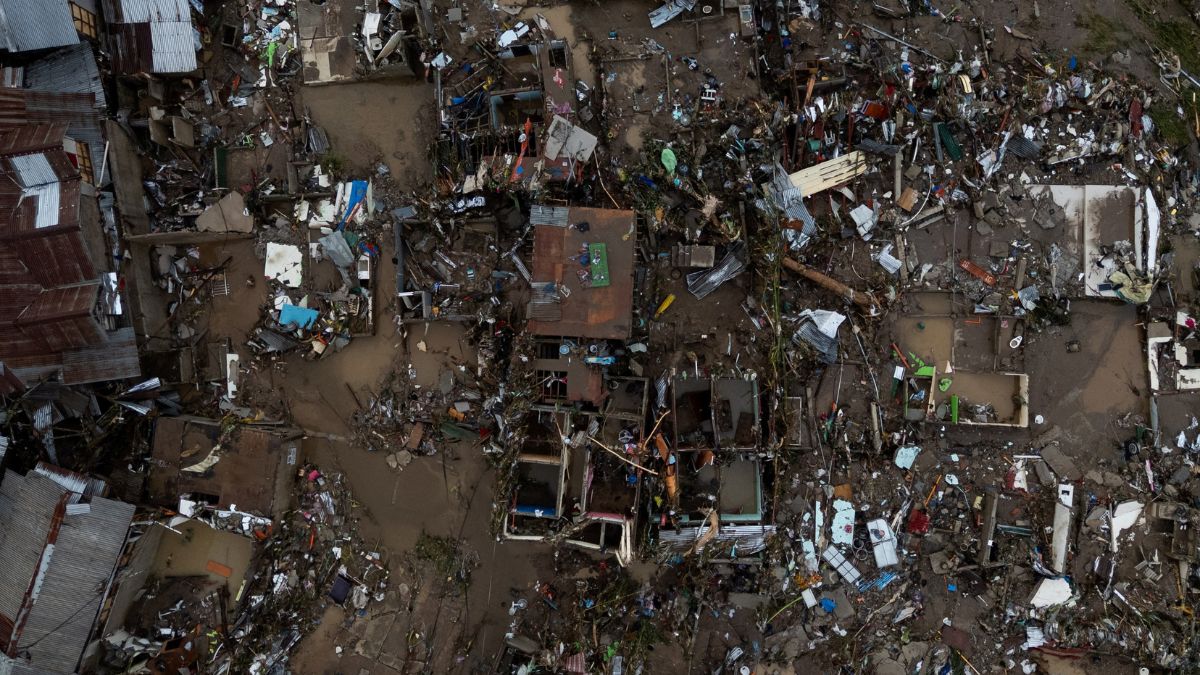)
)



